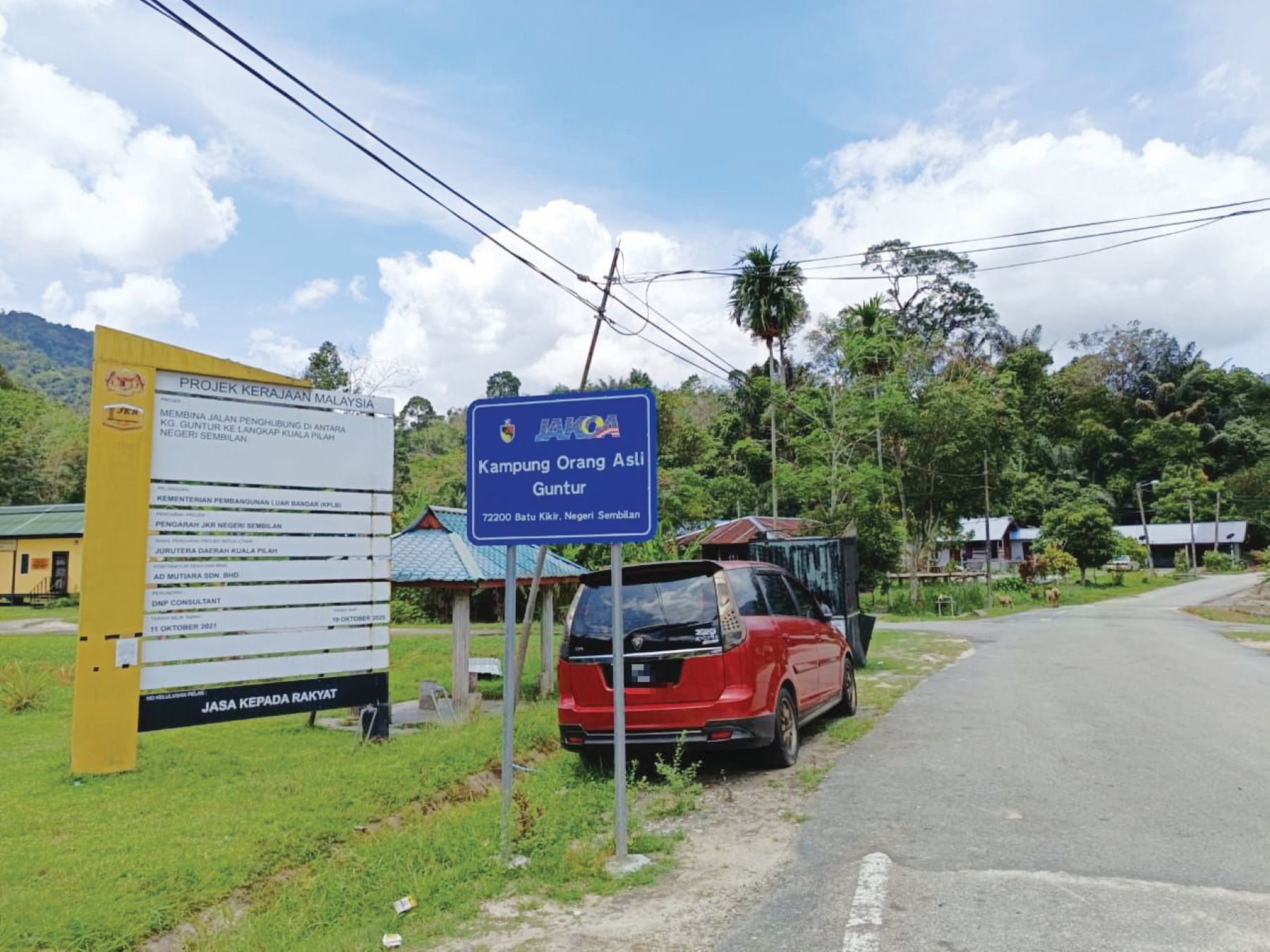KUALA LUMPUR, Feb 21 — Malaysia will leverage ASEAN’s role in strengthening rural development through more comprehensive and integrated regional planning, said Deputy Prime Minister Datuk Seri Dr Ahmad Zahid Hamidi.
He said as ASEAN Chair this year, Malaysia will focus on key areas such as digitalisation, increasing Technical and Vocational Education and Training (TVET) and empowering rural women to ensure the economic benefits are enjoyed by all levels of society, including those living in rural and remote areas.
“We want this year’s ASEAN Summit to deliver real benefits, rather than just hosting meetings and issuing declarations.
“ASEAN must ensure that rural development is not left behind amid rapid technological advancements. Regional synergy must be intensified through digitalisation, innovation hubs and the promotion of technopreneurs so that the rural sector can continue to grow,” he said in an exclusive interview by Bernama TV on the programme “ASEAN: From Kuala Lumpur to the World” last night.
Ahmad Zahid, who is also the Rural and Regional Development Minister, also proposed the establishment of the ASEAN Villages Network (AVN) as a strategic platform to bridge the relationship between villages in the region with the private and government sectors.
He said the initiative will focus on three key elements: Village Tourism, Digital Villages, and the One Village, One Product (OVOP) concept.
According to Ahmad Zahid, Malaysia can leverage the AVN platform to promote rural products across ASEAN, thereby creating greater economic opportunities for rural communities.
“InsyaAllah, I am confident that with these measures, we can make ASEAN an effective ‘market gateway’ for our rural products,” he said.
Malaysia, he said, also plans to introduce several other programmes, including the ASEAN business incubator, expert exchange programme, and initiatives in renewable energy technology, as part of efforts to strengthen rural entrepreneurship at the regional level.
“I believe this is the step to ensure ASEAN 2025 has a direct impact on the people, especially the rural communities,” he said.
Ahmad Zahid emphasised the need for ASEAN to recognise the potential of the rural economy as a new driver of regional growth by increasing funding for rural technology startups and enhancing human capital development through TVET, particularly in agrotechnology, Artificial Intelligence (AI), and the digital economy.
Meanwhile, he said, Malaysia views its ASEAN chairmanship as a strategic opportunity to strengthen cooperation in the halal sector and capitalise on the global market, which is estimated to be worth USD 3 trillion.
With a population of over 240 million Muslims, he said, ASEAN represents a vast and high-potential halal market.
“Through Halal Diplomacy, we aim to strengthen trade relations with countries such as China, Russia, India, and the Philippines.
“Furthermore, the halal sector is expected to contribute 8.1 per cent to Malaysia’s Gross Domestic Product (GDP) this year,” he said.
He expressed confidence that these initiatives would ensure ASEAN 2025 goes beyond just meetings and declarations, delivering tangible benefits to the people, particularly rural communities.
Malaysia officially assumed the ASEAN Chairmanship on Jan 1 this year, marking the fifth time it has held the position, following its previous terms in 1977, 1997, 2005, and 2015. — Bernama







